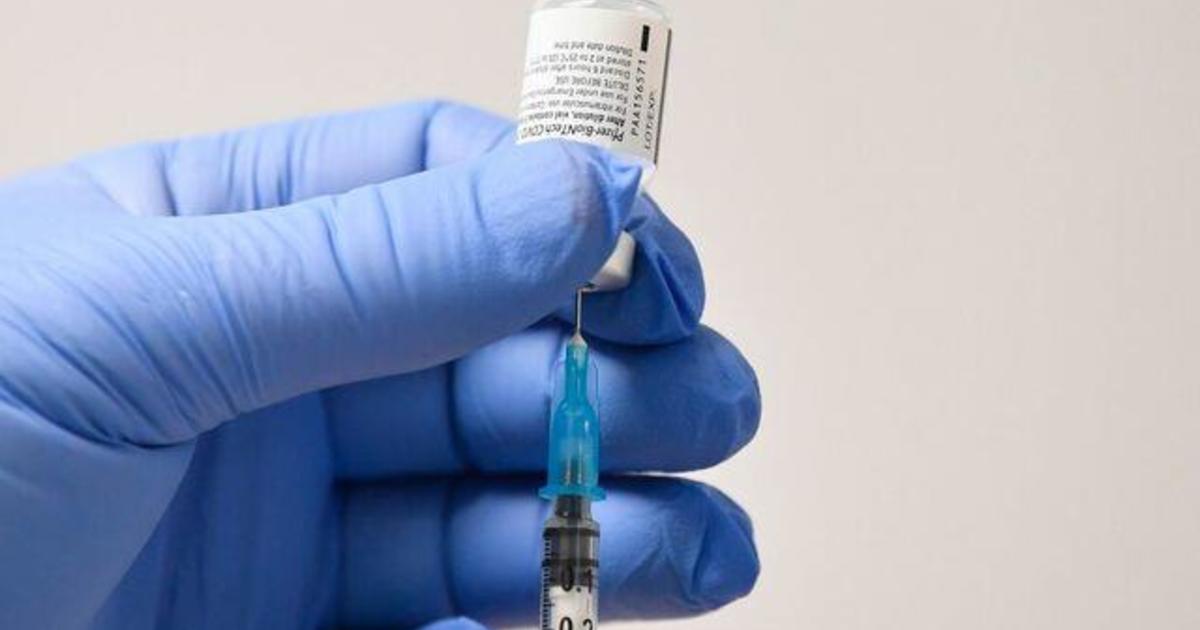MoreBack to News Headlines

White House implementing COVID vaccine and testing mandates for businesses with 100 or more employees
CBSN
Washington — The Biden administration is implementing a new emergency standard for businesses with at least 100 employees to either mandate COVID-19 vaccinations for their workers or require weekly testing, the White House said Thursday.
The new mandate — called an "emergency temporary standard"— was requested by President Biden in September as part of his "Path Out of the Pandemic" COVID-19 action plan and will be implemented by the Labor Department's Occupational Safety and Health Administration (OSHA).
The White House estimates the new requirement will impact more than 80 million workers in the private sector.
More Related News





















 Run 3 Space | Play Space Running Game
Run 3 Space | Play Space Running Game Traffic Jam 3D | Online Racing Game
Traffic Jam 3D | Online Racing Game Duck Hunt | Play Old Classic Game
Duck Hunt | Play Old Classic Game











